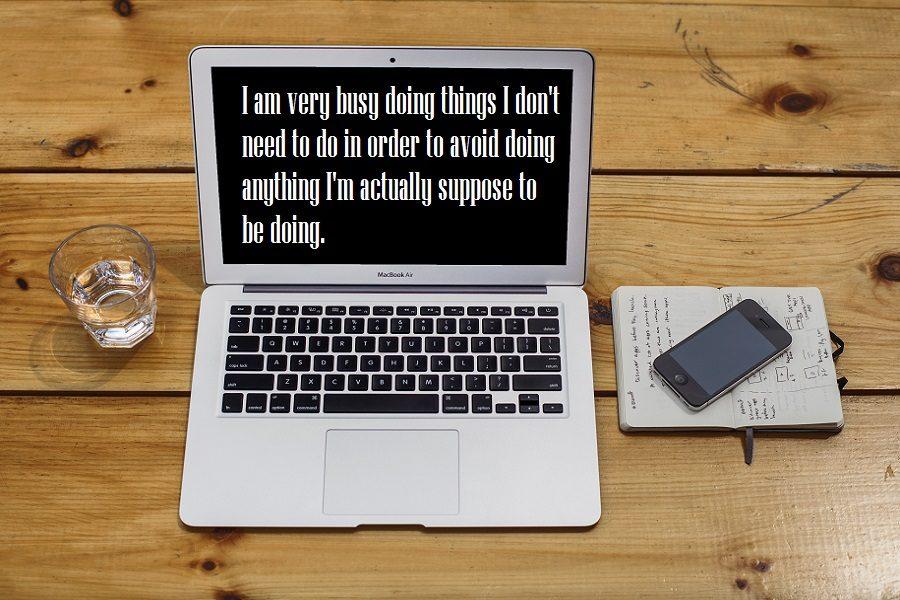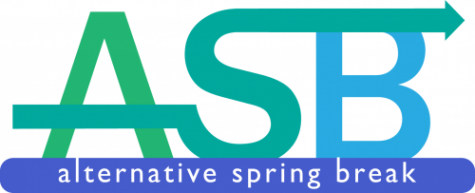Understanding Procrastination
The best way to understand procrastination is to know when you’re actually procrastinating. A good example of this is when you’re getting ready to go home and you’re debating if you should bring your computer back with you to do work. The second you start to think to yourself that you don’t need to bring your computer back home is procrastination. You know you have work to do but you convince yourself that it can wait.
An online website called Unstuck goes into detail about procrastination and how you may not even know that you’re procrastinating. This website mentions something called “productive procrastination.” It is exactly what it sounds like, putting off work to get other work done. The equivalent of this is skipping a class to work on another class. You may think you’re being productive but you’re really just procrastinating.
Procrastination is also disguised as “waiting for perfection” as unstuck calls it. I think it’s safe to say that many of us have said that we aren’t ready to turn in an assignment because it isn’t quite ready yet. Or that it isn’t perfect yet. As a student we’re done with an assignment we look it over to inspect it for flaws. Doing this allows you to say that you’re almost done with it when you’re really just hesitant to turn it in. I’m not saying it’s not good to check your work before you turn it in because that’s always good. With this in mind, it is also important to understand how to stop procrastinating. A few things you can do, is to eliminate any possible distractions. Turn off your phone and buckle down. Whoever is trying to reach you can wait for a couple hours. Do whatever you need to do in order to get in that work-mode. Close yourself off from distraction by closing your bedroom door. This will let other people know you’re busy or they will just think you aren’t there.
You can also ask for help. If you’re stuck on a project and are not sure how to continue, ask a friend for their advice. You could also email your teacher and ask them for advice. When working on a project, if you get writer’s block, don’t set it aside and come back to it later; you will run into the same problem you had when you left it. I’m sure your teacher would be glad to help you out and give you some options if you communicate with them before the due date.
It can also be helpful to make a deal with yourself. If you get these pieces of work done, you can bargain with yourself and take a break and do what you want to do. The danger in doing this however, is complacent or lazy work. When you do this, you need to make a commitment to getting the work done,making sure it is fully completed, and that it’s your best work.
Copyright © Monica Frost (2017) All Rights Reserved.







